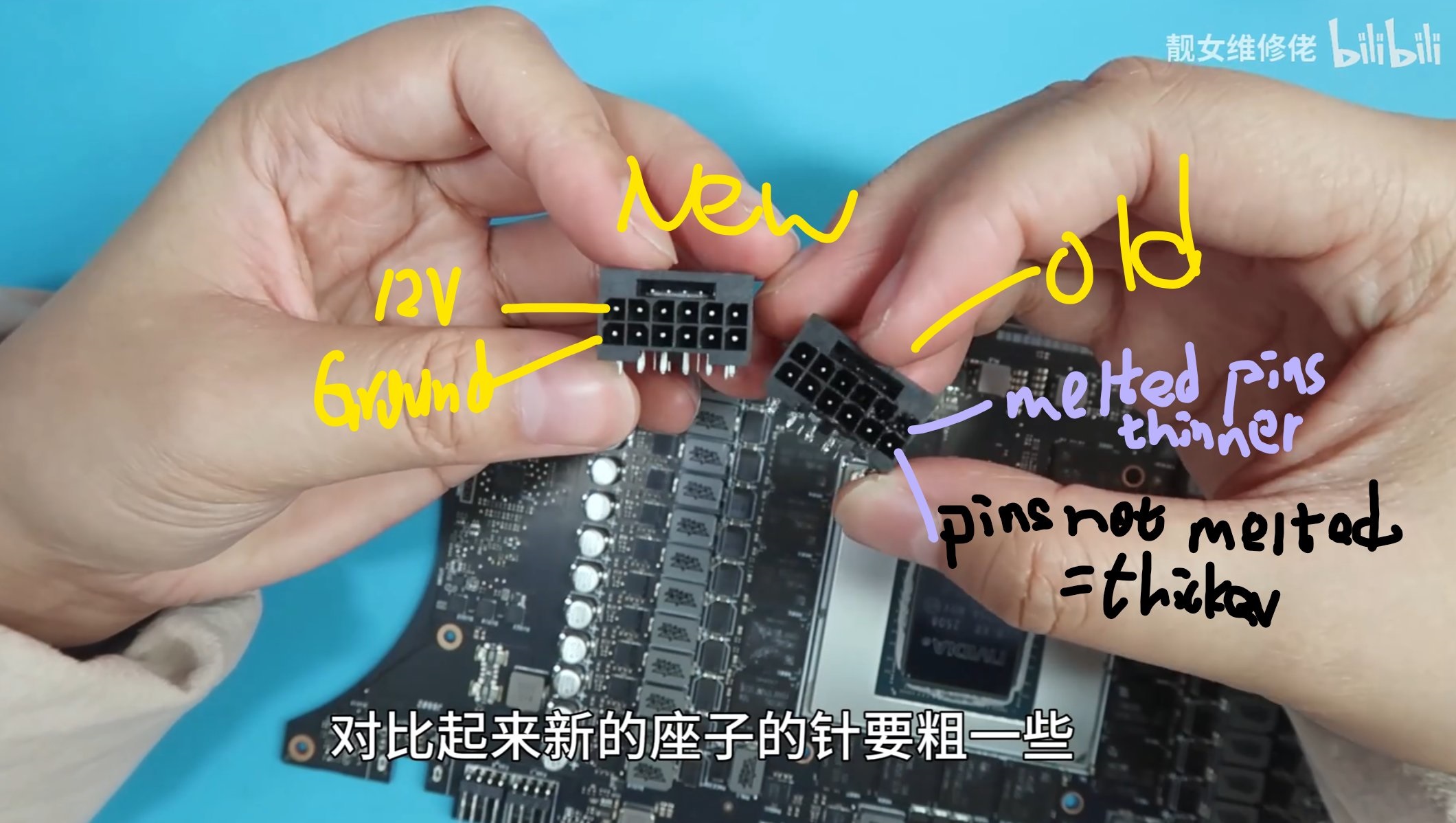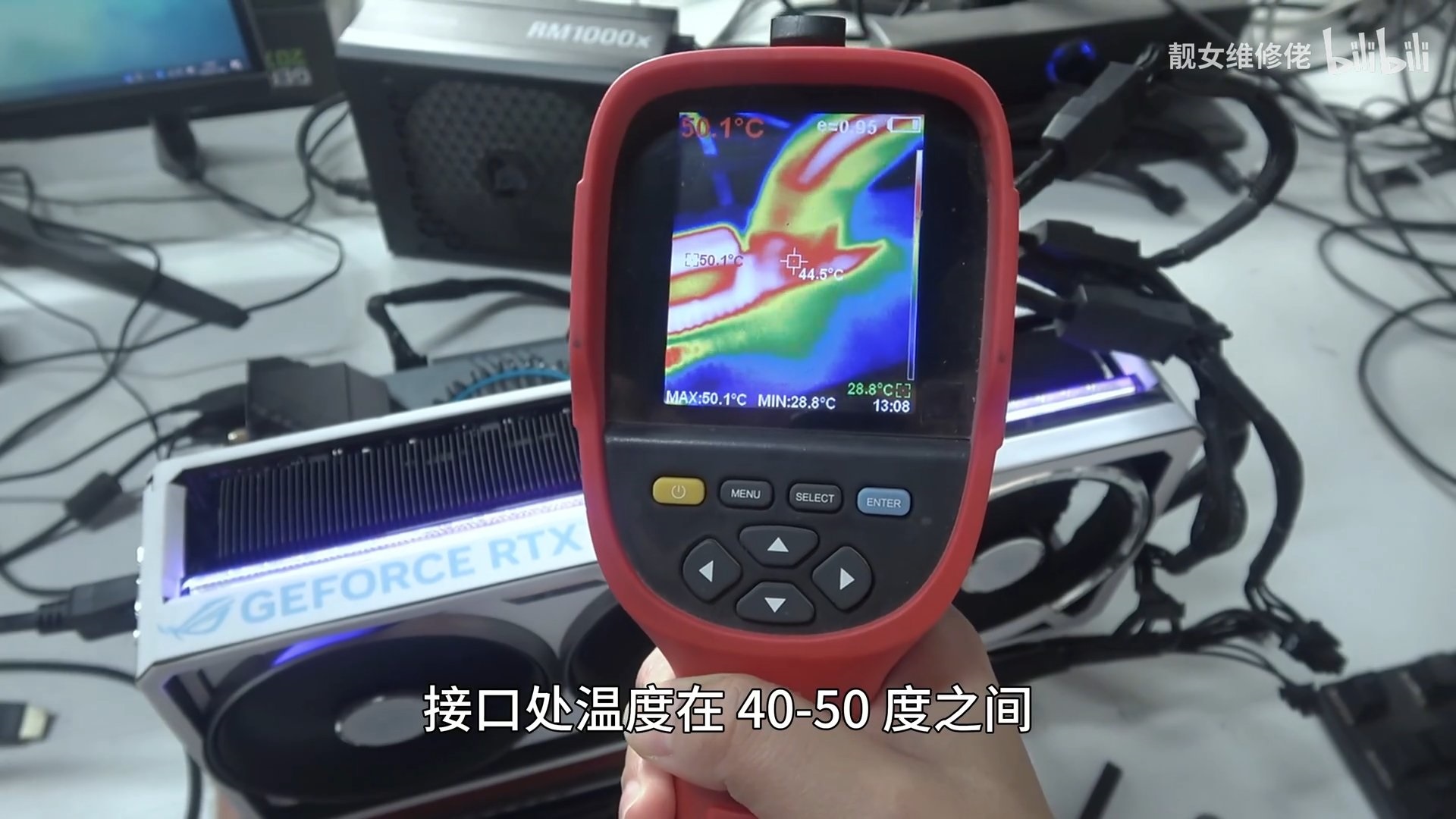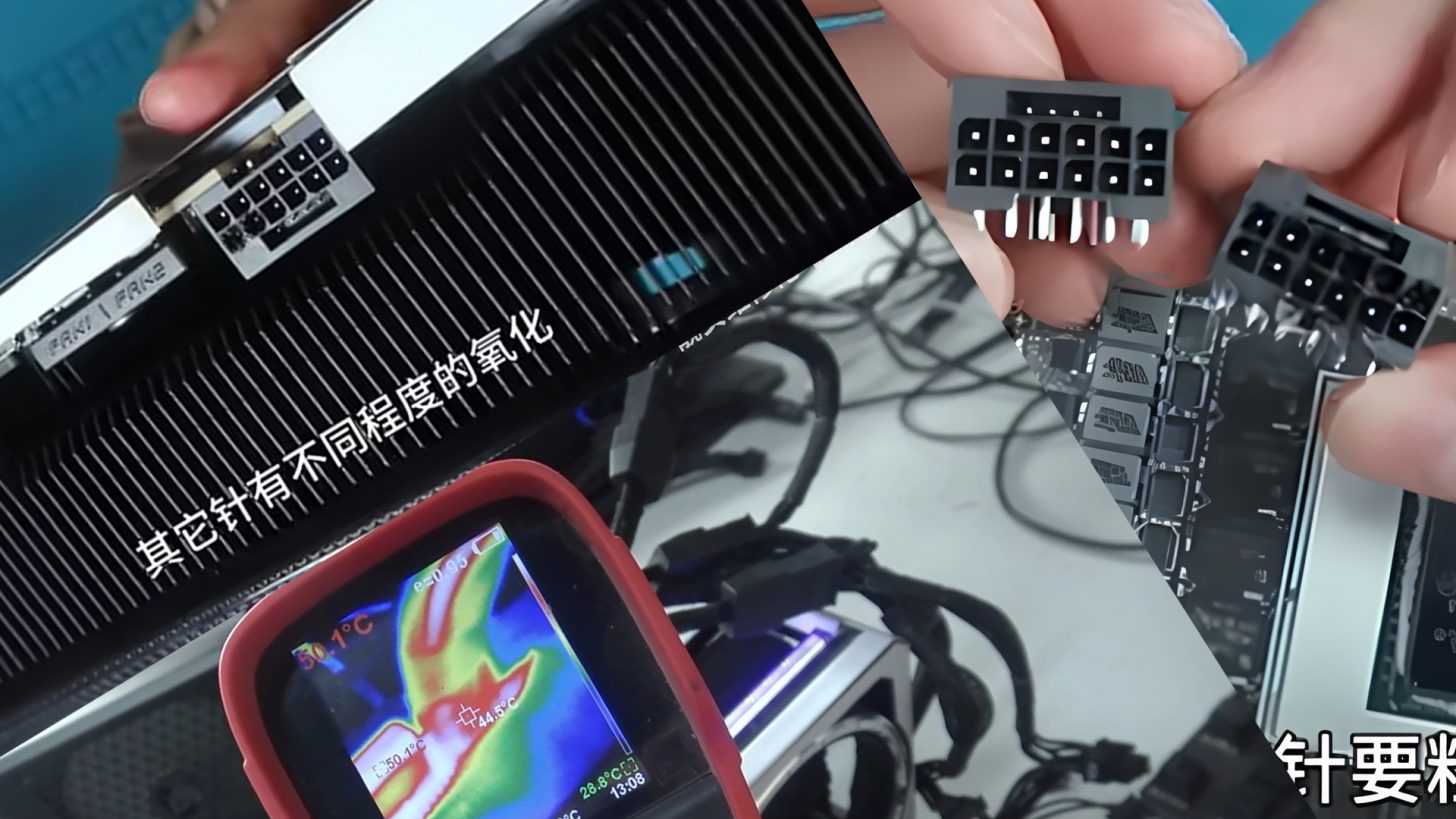In an exciting development for the gaming hardware community, a fresh approach to addressing the notorious melting issues of 16-pin connectors on high-end GPUs has emerged. This innovative solution could be a game-changer for the RTX 50 series, known for its struggles with connector overheating. The key to this breakthrough lies in the use of connectors with thicker pins, promising to alleviate the problem that has plagued so many users.
Addressing Design Flaws in 16-Pin Connectors
The 16-pin connector’s design has been scrutinized due to its inability to handle high current density effectively. With each pin needing to support around 9.2A, and a total of 55A, any failure in proper contact among the pins leads to increased temperatures, eventually causing connectors to melt. Despite various attempts to tackle this problem, including using color-coded connectors and adapters, a more robust solution has been found in thicker pins.
A remarkable example of this solution in action comes from a female repair specialist in China. She tackled the challenge head-on with an ROG Astral RTX 5090, replacing its melted connector with one featuring thicker pins. 
The Impact of Thicker Pins
Reports suggest that this new design has significantly reduced the incidence of overheating, even when used with adapters, though experts still advise against their use. Testing revealed that the updated connector maintained a steady temperature of around 45°C at full load of 600W. In contrast, previous 16-pin connectors have been known to exceed 100°C, with some cases reaching a scorching 150°C. This modification could greatly reduce the risk of connector meltdown, making GPU usage safer and more reliable.

While it remains to be seen if this can fully eradicate connector melting issues, thicker pins offer a promising step towards reducing risk, thanks to a better mechanical contact that results in lower electrical resistance. As the RTX 50 series continues to use the 16-pin connector, the hope is that manufacturers will adopt this improved design swiftly to ensure enhanced performance and safety.
